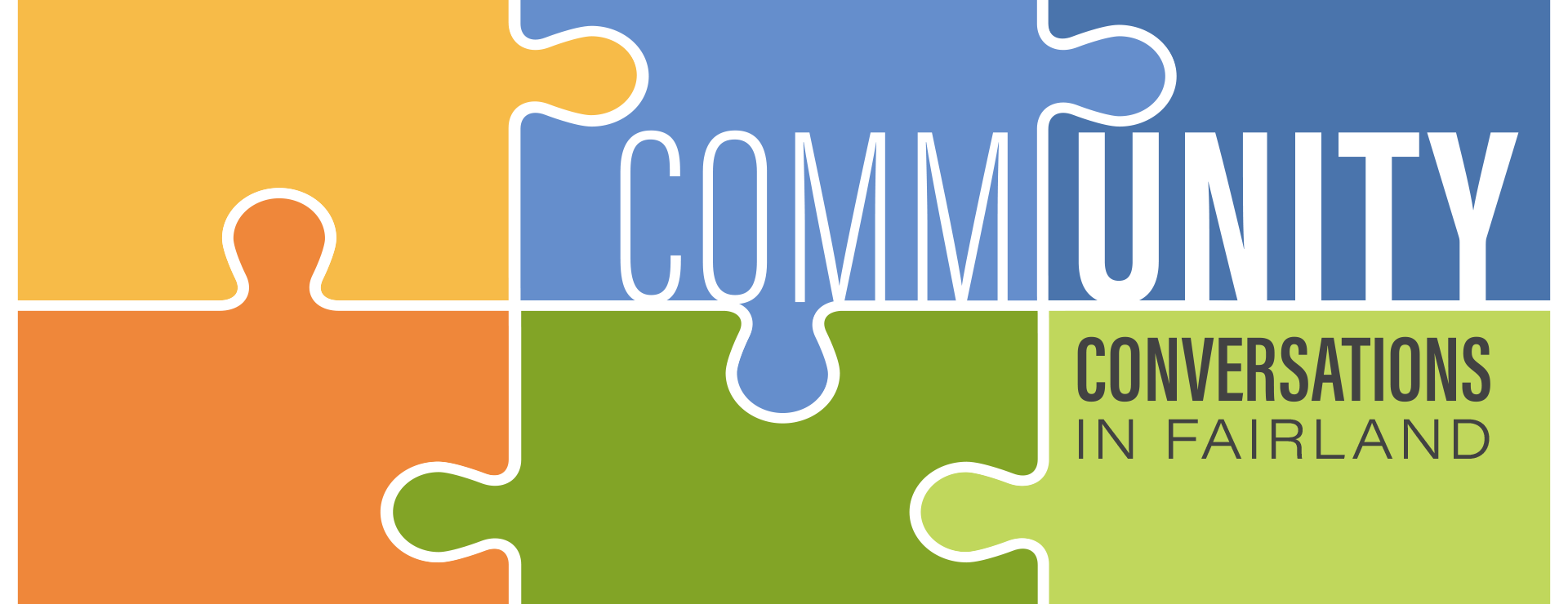
Community invited to attend third and final speaker series session for the Fairland and Briggs Chaney Master Plan focused on access to parks, open space and food networks
WHEATON, MD – The Montgomery County Planning Department, part of The Maryland-National Capital Park and Planning Commission (M-NCPPC), is inviting community members to attend the final session of the virtual speaker series, CommUNITY Conversations in Fairland. The session, called “Grassroots Advocacy on CommUNITY Green Space: Mastering the Art of CommUNITY Collaboration”, will take place on June 1 (starting at 6 p.m.) and will focus on the Fairland and Briggs Chaney Master Plan area’s green spaces and parks and the community’s access to these spaces and food networks. RSVPs are required to attend. This session has been approved for AICP and ASLA continuing education credits.
“Parks and open spaces are essential to building complete communities in Montgomery County,” said Planning Director Gwen Wright. “This plan will look at strategies to improve access to these types of amenities for all residents.”
Opening Remarks & Moderator:
Tina Patterson, Montgomery County Planning Board Commissioner
Panelists:
Julian McElveen, President of Unity Thunder
Heather Bruskin, Montgomery County Food Council
Vanessa Pierre, Executive Director at Homestead Hustle & Healing
Elijah Wheeler, Executive Director of the Montgomery County Collaboration Council
Agar Mbianda, Community Engagement Manager at Manna Food Center
Michelle Nelson, Community Gardens Program with the Parks Department (M-NCPPC)
Danielle Alvarado, Program Manager II: East County Regional Center
First and second sessions available on demand
The first and second sessions available on demand the CommUNITY Conversations in Fairland website. The first session examined racial equity and explored the area’s African American heritage, particularly the legacy of Sarah Lee and Malinda Jackson who were both prominent African American figures in the Fairland area. The second session explored the plan area’s pedestrian safety and community connections.
Stay Involved with the Fairland and Briggs Chaney Master Plan
There are still many ways to stay involved with the Fairland and Briggs Chaney Master Plan after the speaker session ends. Planners are asking the community to complete a short survey about their experience living in the Fairland area. Stay up-to-date with the latest news and information on the plan by signing up for the plan’s eletter.
About the Fairland and Briggs Chaney Master Plan
The Fairland and Briggs Chaney Master Plan is an update to a portion of the 1997 Fairland Master Plan and will establish a clear vision for an equitable, just, and prosperous future for the Fairland community, mirroring the county’s long-term priorities, which include a vibrant economy, equity for all residents, and a healthy environment. The master plan boundary consists primarily of property and communities of Fairland and Briggs Chaney along the US 29 Corridor from near Paint Branch on the south to Greencastle Road on the north. The update will examine and provide policies and recommendations on existing and future land uses and zoning, housing inventory and needs, transportation systems, historic preservation opportunities, area park facilities, and the environment. This master plan will take cues from the equity framework in the update to the county’s General Plan, Thrive Montgomery 2050, which describes how places with equitable access to opportunity produce strong, successful communities.
Read the scope of work that was presented to the Planning Board in April 2021.
About the Equity Agenda for Planning
Montgomery Planning recognizes and acknowledges the role that our plans and policies have played in creating and perpetuating racial inequity in Montgomery County. We are committed to transforming the way we work as we seek to address, mitigate, and eliminate inequities from the past and develop planning solutions to create equitable communities in the future. While it will take time to fully develop a new methodology for equity in the planning process, we cannot delay applying an equity lens to our work. Efforts to date include:
- Developing an Equity Agenda for Planning. The Planning Board approved Equity in Master Planning Framework, and staff is working on action items.
- Equity Focus Area Analysis. Montgomery Planning identified and analyzed the Equity Focus Areas of the county and developed a mapping tool that will guide planning efforts to foster more equitable outcomes for communities in Montgomery County.
- Prioritizing equity in Thrive Montgomery 2050. Community Equity is one of the three priority areas of our county General Plan update, Thrive Montgomery 2050.
- Focusing on equity in upcoming plans. Equity is a central focus of the Silver Spring Downtown and Adjacent Communities Plan, the first master plan to launch since Montgomery County’s Racial Equity & Social Justice Act passed. All upcoming plans and studies will have an equity focus.
- Viewing management and operations through an equity lens. Our efforts are not limited to the master planning process. Management and operational functions like communications and human resources are developing approaches, tools, plans, and training to ensure that we look at everything through an equity lens.